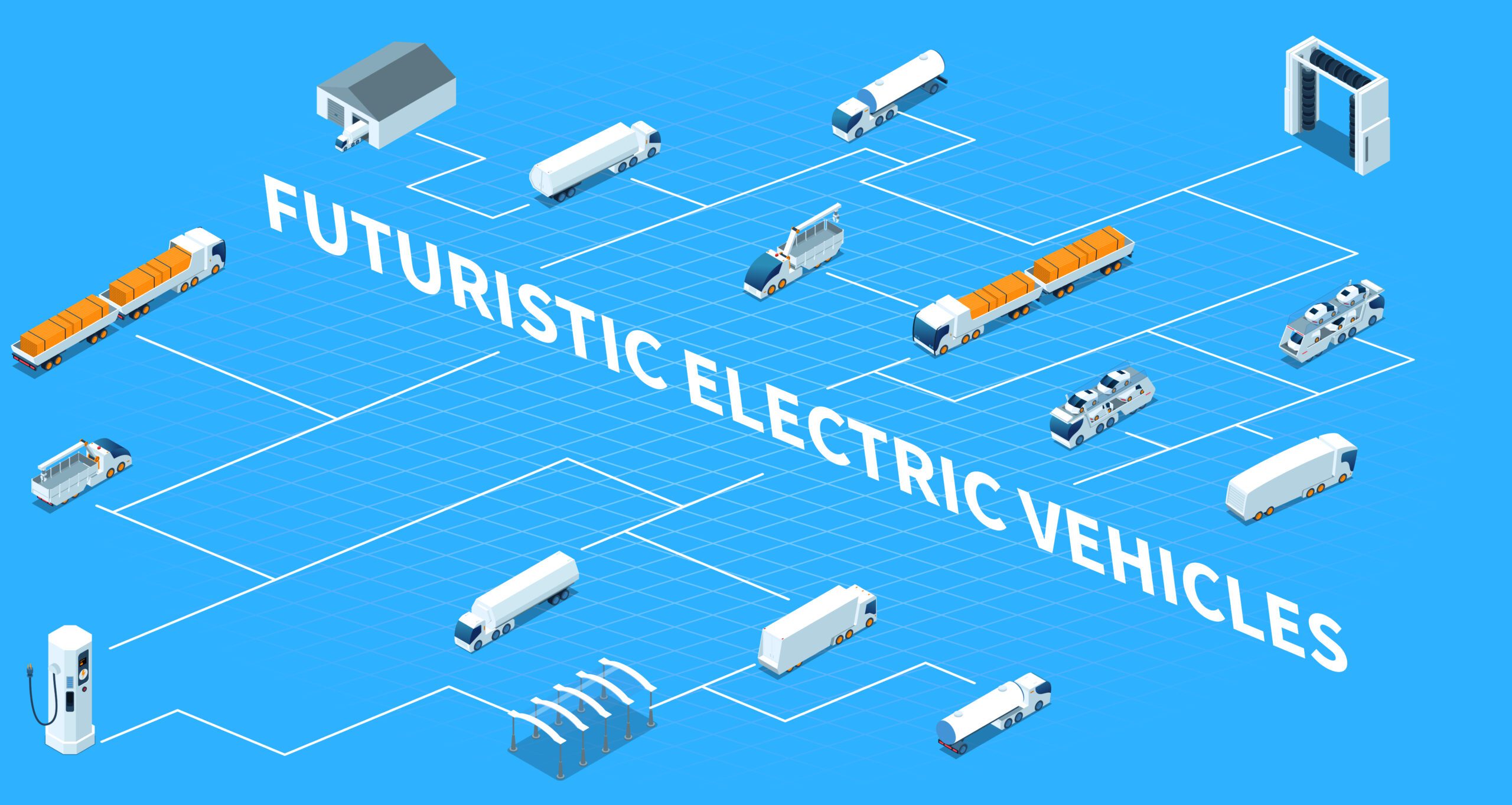Electric vehicles (EVs) are indeed having a significant impact on the need for diesel engines, particularly in the transportation sector. Here are some ways in which the adoption of electric technology is changing the demand for diesel engines:
- Reduced Dependence on Diesel Fuel: One of the most direct impacts of electric vehicles is a reduced demand for diesel fuel. EVs are powered by electricity, which can be generated from a variety of sources, including renewable energy such as solar, wind, and hydroelectric power. This reduces the reliance on diesel fuel and other fossil fuels for transportation.
- Environmental Concerns: Diesel engines are known for emitting pollutants such as nitrogen oxides (NOx) and particulate matter, which contribute to air pollution and have adverse health effects. Electric vehicles produce zero tailpipe emissions, making them a cleaner alternative and contributing to improved air quality in urban areas.
- Economic Considerations: The cost of operating and maintaining diesel engines can be relatively high due to factors like fuel costs, maintenance, and regulatory compliance. Electric vehicles generally have fewer moving parts and require less maintenance. Over the long term, the lower operating and maintenance costs of EVs can make them a more cost-effective choice for fleet operators and individual consumers.
- Advancements in Battery Technology: The development of advanced battery technology has improved the range, performance, and charging times of electric vehicles. As battery technology continues to evolve, electric vehicles are becoming more practical for a wider range of applications, including those that were traditionally served by diesel engines, such as long-haul trucking and public transportation.
- Regulatory Pressures: Many governments around the world are implementing stricter emissions regulations to address environmental concerns. This has led to increased scrutiny on diesel engines and incentivized the adoption of cleaner alternatives like electric vehicles.
- Infrastructure Development: The expansion of electric vehicle charging infrastructure is making it more convenient for people to switch to electric vehicles. As charging stations become more prevalent and accessible, the perceived barrier to entry for EV adoption decreases.
- Innovation and Investment: The shift towards electric vehicles has prompted significant investments in research and development within the automotive industry. Many major automakers are investing heavily in EV technology and production, which accelerates advancements and contributes to a broader shift away from traditional diesel engines.
It’s important to note that while electric vehicles are making significant strides, there are still challenges to overcome, such as the need for further battery technology improvements, advanced EV Chargers, charging infrastructure expansion, and addressing concerns related to the mining and disposal of battery materials. Additionally, there may still be specific use cases and industries where diesel engines remain relevant due to their unique advantages, but the overall trend is moving toward a reduced dependence on diesel engines in favor of electric alternatives.
Photo Credit: Image by macrovector on Freepik

